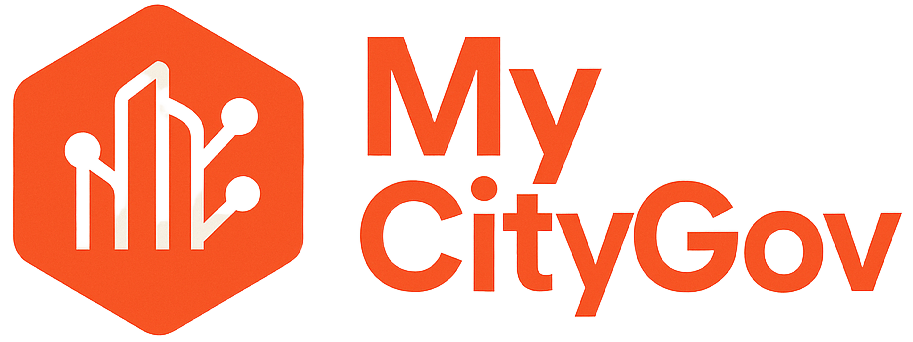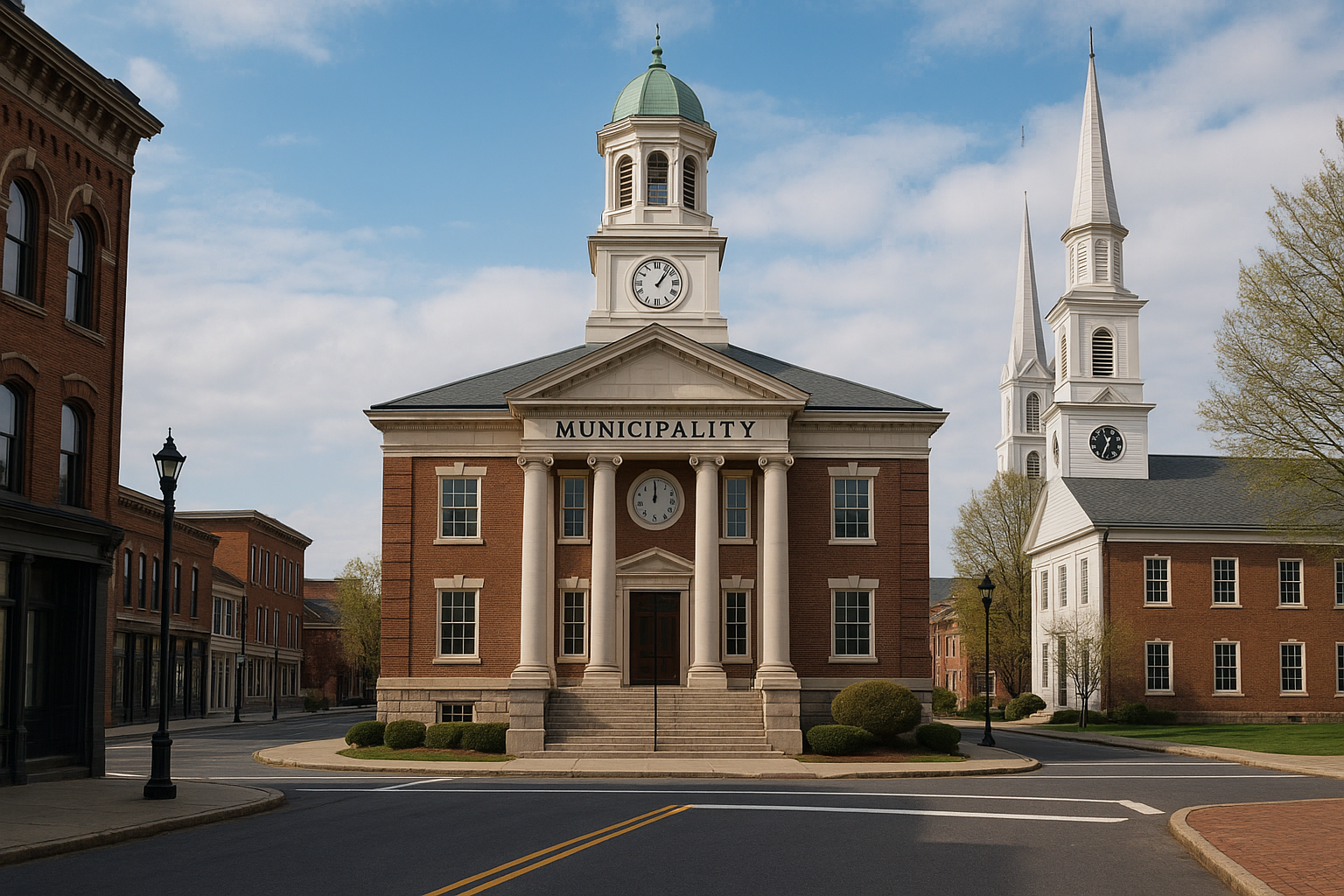Every day that your municipality operates on outdated technology systems, you’re not just maintaining the status quo—you’re actively losing money, compromising security, and failing to meet the evolving expectations of your residents. The hidden costs of legacy government systems extend far beyond the obvious maintenance fees, creating a cascade of inefficiencies that impact every aspect of municipal operations.
The Hidden Financial Drain of Outdated Municipal Technology
When city administrators and IT directors examine their annual technology budgets, they often focus on the visible costs: software licenses, hardware maintenance, and staff salaries. However, the true cost of legacy government systems lies in what you can’t immediately see on a balance sheet.
Legacy municipal websites and content management systems typically consume 40-60% more staff time for routine tasks compared to modern platforms. A simple content update that should take five minutes on a contemporary government CMS can require 30 minutes or more on an outdated system. When you multiply this inefficiency across dozens of daily tasks and multiple staff members, the labor cost alone can exceed $50,000 annually for a mid-sized municipality.
Security Vulnerabilities: The Costliest Risk of All
Cybersecurity threats targeting local governments have increased by 50% over the past five years, with legacy systems representing the most vulnerable entry points. Outdated municipal websites often lack modern security protocols, leaving sensitive resident data and critical city operations exposed to ransomware attacks, data breaches, and system infiltrations.
The average cost of a successful cyberattack on a local government entity now exceeds $1.4 million, including system recovery, legal fees, notification costs, and potential lawsuits. For many municipalities, this represents a significant portion of their annual operating budget—money that could have been invested in community services, infrastructure improvements, or staff development.
Modern government technology platforms include built-in security features such as automatic updates, encrypted data transmission, multi-factor authentication, and regular security monitoring. These aren’t luxury features—they’re essential protections that legacy systems simply cannot provide.
Compliance Failures: Legal and Financial Consequences
Municipal websites must comply with accessibility standards including the Americans with Disabilities Act (ADA) and Section 508 requirements. Legacy government systems often fail to meet these standards, exposing municipalities to costly lawsuits and potential loss of federal funding.
Recent legal settlements for ADA non-compliance have ranged from $25,000 to $500,000, not including attorney fees and the cost of mandatory website remediation. Beyond the financial impact, non-compliant municipal websites exclude residents with disabilities from accessing essential government services—a fundamental failure of public service.
Modern municipal CMS platforms are designed with accessibility compliance built-in, ensuring that your city website meets current standards and adapts to future requirements without requiring expensive retrofitting.
The Productivity Crisis: When Technology Hinders Government Efficiency
Legacy government systems create a productivity crisis that extends throughout municipal operations. Staff members spend excessive time navigating complex, outdated interfaces instead of focusing on citizen services. IT departments become overwhelmed with maintenance tasks rather than strategic technology initiatives.
Consider the impact on your city’s ability to respond to resident needs. When updating emergency information requires multiple steps and technical expertise, critical communications are delayed. When processing permit applications involves manual data entry across disconnected systems, residents experience frustrating delays and city staff become bottlenecks rather than facilitators.
Modern government technology platforms streamline these processes through intuitive interfaces, automated workflows, and integrated systems that allow staff to focus on high-value activities that directly benefit the community.
Citizen Expectations: The Cost of Falling Behind
Today’s residents expect the same level of digital service from their local government that they receive from private sector companies. They want to pay bills online, submit service requests through mobile devices, and access information 24/7 without calling city hall.
When municipal websites fail to meet these expectations, the cost isn’t just measured in resident satisfaction surveys. Citizens may choose to relocate to communities with better digital services, reducing your tax base. Businesses may avoid establishing operations in areas where government processes are inefficient and outdated.
The economic development impact of modern municipal technology extends beyond convenience. Communities with efficient, user-friendly government websites and digital services attract residents and businesses who value innovation and efficiency.
Making the Business Case for Municipal Technology Modernization
The question isn’t whether your municipality can afford to upgrade its technology systems—it’s whether you can afford not to. The cumulative cost of maintaining legacy government systems, addressing security vulnerabilities, ensuring compliance, and managing inefficiencies often exceeds the investment required for comprehensive modernization.
When presenting the case for municipal website and CMS modernization to city councils and budget committees, focus on these key financial benefits:
- Reduced operational costs through automated processes and improved staff efficiency
- Enhanced security that protects against costly cyberattacks and data breaches
- Compliance assurance that prevents legal challenges and maintains federal funding eligibility
- Improved citizen services that support economic development and community growth
- Future-ready infrastructure that adapts to changing requirements without major overhauls
Choosing the Right Municipal Technology Partner
Successful municipal technology modernization requires more than just new software—it demands a partner who understands the unique challenges and requirements of local government. When evaluating government CMS providers and municipal website vendors, prioritize those with proven experience in the public sector.
Look for technology partners who offer comprehensive support including staff training, ongoing maintenance, security monitoring, and compliance assistance. The goal isn’t just to implement new technology, but to transform how your municipality operates and serves its community.
Consider vendors who provide transparent pricing, clear implementation timelines, and references from similar municipalities. The right technology partner will work with you to develop a modernization strategy that fits your budget, timeline, and specific operational requirements.
Taking the First Step Toward Municipal Technology Modernization
The cost of delaying municipal technology modernization increases every day. Security threats evolve, compliance requirements become more stringent, and citizen expectations continue to rise. The municipalities that act now to modernize their technology infrastructure will be better positioned to serve their communities effectively and efficiently.
Start by conducting a comprehensive assessment of your current systems, identifying the most critical pain points and security vulnerabilities. Engage with qualified municipal technology vendors to understand your options and develop a realistic modernization timeline.
Remember that municipal technology modernization is an investment in your community’s future. The efficiency gains, security improvements, and enhanced citizen services that result from modern government systems will benefit your municipality for years to come, while the costs of maintaining legacy systems will only continue to grow.
Your residents deserve government services that match the digital standards they experience in every other aspect of their lives. Your staff deserves technology tools that enhance their ability to serve the community rather than creating obstacles. Your municipality deserves the security, efficiency, and growth potential that only modern government technology can provide.


